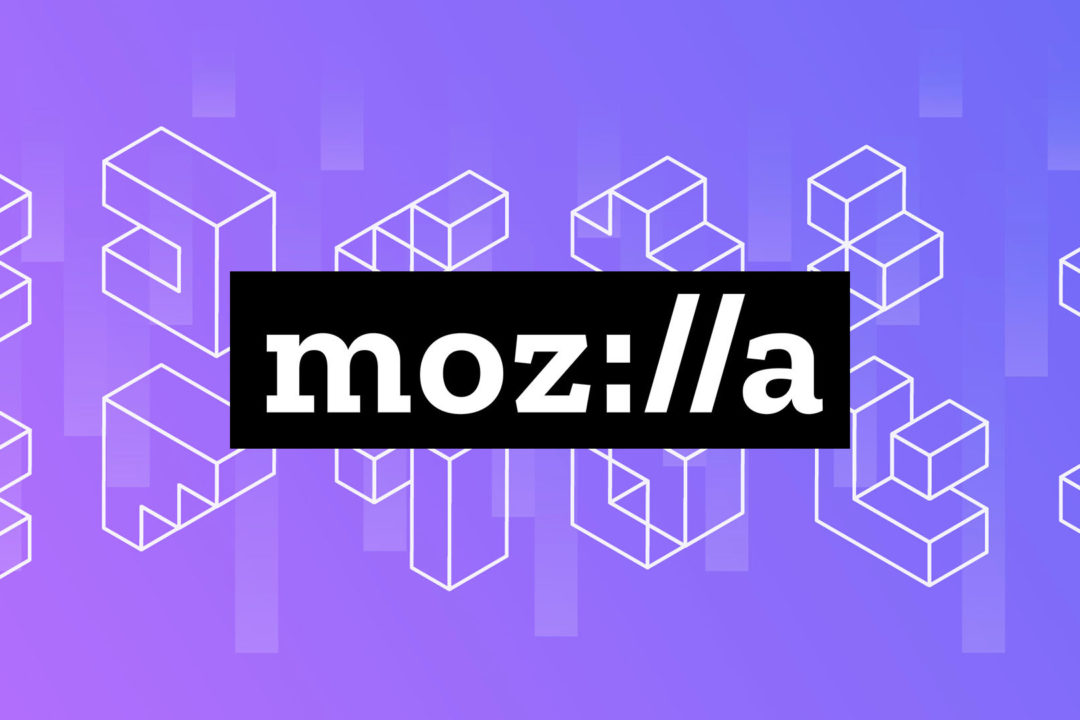MARK SURMAN, PRESIDENT, MOZILLA Keeping the internet, and the content that makes it a vital and vibrant part of our global society, free and accessible has
A free and open internet shouldn’t come at the expense of privacy
Free as in free beer, not as in freedom unfortunately
I’m completely fine with anonymized ads being an option in theory, but there needs to be a way to compensate services w/o resorting to advertising. I think Mozilla should provide a way for users to pay to opt-out of ads, and get websites on board that way.
Websites want to get paid for their work, and advertising is the easiest way to do that. The solution isn’t better ads, but alternative revenue streams for websites, and I’m 100% fine with Mozilla taking a cut of that alternative revenue stream. But I will not tolerate ads on my browser.
I hoped Brave would’ve solved this problem by letting users pay to remove ads, but instead they went to crypto to reward viewing ads. That’s the opposite of what I want, and I really hope Mozilla has someone still working there in a position that matters that understands that.
We do not need a corporate structure to maintain software.
This stinks of C-suite justifying their existence when the alternative is well established and very successful.
Where else do you expect them to get the money needed to maintain a web browser?
Well, how did they do it in 90s-2010s? Genuinely asking. What’s changed that they can no longer do this.
Web standards have grown dramatically more complex since then. (To me, this raises a question in and of itself, I think it would be good to try and develop standards intentionally easy to maintain to avoid embrace-extend style dominance from individual companies).
You now have HTML5, CSS3, JavaScript, WebGL, WebAssembly, WebRTC. You have newer and newer layers of security, and you have multiple platforms (Apple, Windows, desktop, phone) to develop for. It’s a mountain that has grown out of what was once just a unique type of slightly marked up text file.
Well, on the standards front, they tried — google just kept shifting the goalposts and forcing everyone to follow.
On the technology front, you could maintain these things with a very small team of developers whose total salary is but a small percentage of the CEO’s current pay.
This will be easy to hate on, but let’s be careful not to get carried away.
Maintaining a web browser is basically the toughest mission in software. LibreWolf and PaleMoon and IceWhatsit and all the rest are small-time amateur projects that are dependent on Firefox. They do not solve the problem we have. To keep a modicum of privacy and openness, the web is de-facto dependent on Firefox continuing to exist in the medium term. And it has to be paid for somehow.
This reminds me of the furore about EME, the DRM sandbox that makes Netflix work. I was against it at the time but I see now that the alternative would have been worse. It would have been the end of Firefox. Sometimes there’s no good option and you have to accept the least bad.
I would love to give Firefox money, as long as they slash their CEO’s ridiculous salary
And slash the CEO as well. Not literally of course.
I’m in the same boat. Mozilla can’t be trusted with donations until they can prove they spend money responsibly. Money, like trust, should not be given by default.
Also, if firefox does better it’ll forward the benefits of a better browser with more usage, more funding, faster features, and more on to the forks for those who want to use them. There is basically no downside for librewolf users here and its to their benefit to encourage for normie’s to use firefox anyway
Getting angry at Mozilla for finding a way to survive by trying to offer something less evil won’t solve the privacy problem in advertising. That has to be solved at the government level, and if anything, what Mozilla is working towards here is probably the best case scenario for a legislated solution in the US’s economy.
Users don’t want ads and advertisers want something that can collect as much data as possible.
Mozilla as lost both
there are sites where I WOULD HAVE whitelisted them from adblocking if they had not chosen to make them functionally unusable or not stop nag me me. take youtube. I never minded those ad breaks…but that constant box nagging me to try premium is not acceptable. And then they just had to keep ramping up the adds and are now being a big baby trying to wage war on adbocking. Result: no more youtube. ty for convincing me to not even visit anymore -slow clap- good job ahole.
and ever been to a fandom wiki? used to be named “wikia” so that people could confuse their brand with “wiki”. so many adds jammed into that thing browsers tend to choke if you aren’t adblocking.
I mean sure privacy is great to care about, but nobody even pretends to care about usability.
There’s actually a whole group called the Acceptable Ads Committee who decides on making advertisements distinct and unintrusive… But they don’t have any policies regarding privacy invasion.
They also partner with popular ad blocking software developers, such as AdBlock Plus.
They also have eight members, via their other name “eyeo”, on the W3C PATCG committee (alongside Mozilla, Facebook, Google, more ad companies).









